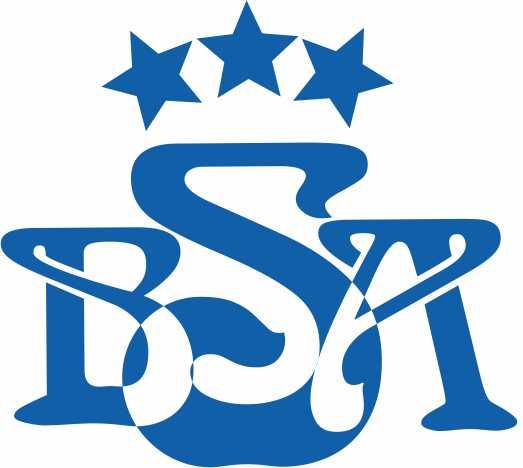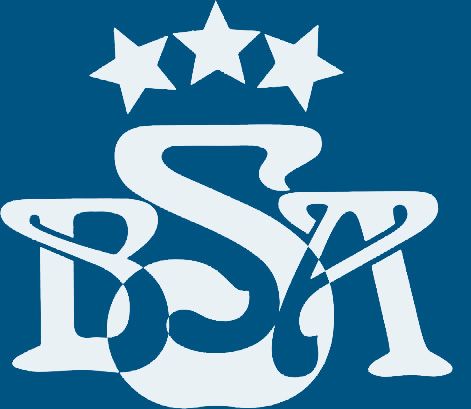ACCORDING DECISIONS BY THE STUDY QUALITY COMMISSION FROM FEBRUARY 26, 2025 STUDY DIRECTION "ECONOMICS" IS ACCREDITED FOR 6 YEARS TILL FEBRUARY 27, 2031
Programme Advantages
Training of highly qualified specialists with the necessary professional competences in the field of finance, in accordance with the 6th level of the framework structure determined in the Classification of Education in Latvia, who are able to realize their professional activities in the conditions of an innovative economy.
- Financial Expert is a specialist who operates with finances. For him/her, money is not just the amount in the account or the number of paper notes, but a resource that can and should be effectively used;
- Financial Expert is engaged in monetary operations of various scopes and degrees of difficulty, manages capital, and regulates project financing. This is a person who helps an organization, company, or even an individual competently manage money as a resource;
- Financial Expert has deep knowledge in several fields: from mathematical models of effective investment to all the nuances and pitfalls of tax legislation;
- Financial Expert is one of the most prestigious and highly paid professions of our time. This is not surprising, since the goal of any commercial organisation or company is to increase capital;
- Financial Expert is a profession for people with pronounced analytical abilities who are not afraid of responsibility, have a professional intuition, are able to think strategically and keep a stiff upper lip.
Please, remember! Business processes, technologies, techniques - everything is changing so fast in a modern dynamic world that it is not enough for a successful professional to have basic knowledge to climb the career ladder and earn stable income. Education and in-depth training throughout the career is the only way to preserve occupational aptitude and reach career heights.
 Acquired skills:
Acquired skills:
- Management of corporate financial flows;
- Control of corporate income/expenses while ensuring efficient use of resources;
- Tax planning for entrepreneurial activities;
- Strategic planning of the corporate financial policy;
- Analysis and mitigation of potential commercial risks;
- Supervision of corporate activities in accordance with applicable laws;
- Preparation of financial statements (including IFRS);
- Financial and economic analysis of corporate activities;
- Control of accounting and financial activities.
Career opportunity
Graduates of the programme may:
- Work as heads of financial departments, financial managers, chief accountants in a commercial and non-profit organisations, banks, insurance companies and investment funds;
- Work as hired accountants or provide accounting and consulting services to individuals and legal entities in outsourcing and consulting companies;
- Render accounting and consulting services as individual merchants or self-employed persons.
Programme content:
- General education disciplines: Theory and Methodology of Scientific Work, Sociology, Psychology, Business Communication and Professional Ethics ; Business Economics, Basics of Law;
- Theoretical basic courses: Advanced Mathematics and Probability Theory, Microeconomics, Macroeconomics, Management, Economic Statistics, Basics of Law, Commercial Law, Labour Law, Marketing, Project Management;
- Financial disciplines: Financial system, Banks and Monetary System, Corporate Finance, Financial Planning, Financial Management, Financial Analysis, Business Appraisal, Financial Instrument Market, Risk Management, Investment Management, International Finance and Financial Institutions;
- Accounting, taxes and auditing: Basics of Accounting, Financial Accounting, Management Accounting, Taxes and Duties, International Financial Reporting Standards, Audit and Internal Control, Digital Accounting;
- Information technology disciplines: Applied Computer Science, Information and Communication Technologies (ICT) in Finance, Data Analysis and Business Modelling
Bachelor’s study programme "Financial Management" course description
Contacts:

Head of the Study programme
Office Hours:
Tuesday 14:00-16:00
Thursday 16:00-18:00






